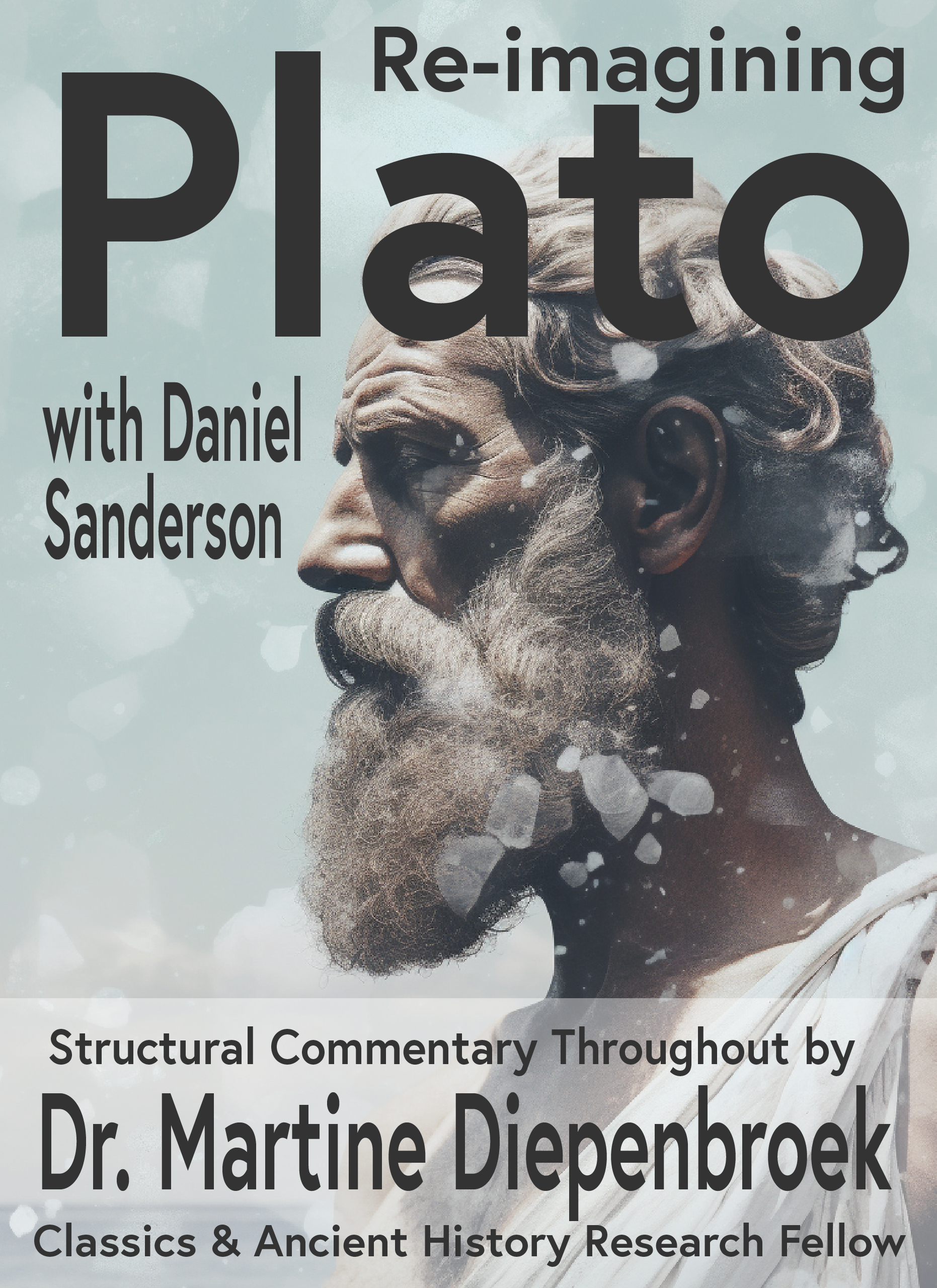The Philosophy of Existentialism: Embracing Authenticity in a Nihilistic Age
In our contemporary era, marked by a pervasive sense of nihilism, the philosophy of existentialism emerges as a reasonable response—a rallying cry for those who seek authenticity in a world seemingly devoid of meaning. Existentialism, with its emphasis on individual freedom, responsibility, and the creation of personal values, offers a profound challenge to the prevailing currents of our time. First, however, it is crucial to subject this philosophy to a rigorous examination, scrutinizing its claims and confronting its potential shortcomings. In this article, we embark on such an intellectual journey, engaging critically with the topic and drawing upon historical references and biting wit to explore the nuances of existentialism and its relevance in our nihilistic age.

I. The Essence of Existentialism: An Uncompromising Individualism
At its core, existentialism places the individual at the center of the philosophical stage. It declares that human existence precedes essence, asserting that we must first exist and then define our purpose and values. This rejection of predetermined meaning and external authority is undoubtedly appealing in an age where traditional institutions and dogmas have lost much of their sway.
Existentialism champions personal freedom and autonomy, demanding we take full responsibility for our choices and actions. Yet, in embracing this philosophy, we must not disregard the profound interplay between individual agency and the social, historical, and cultural context in which it operates. The existentialist emphasis on authenticity should not be mistaken for a license for selfishness or a rejection of communal bonds. Genuine authenticity lies in the delicate balance between individual freedom and our obligations towards others.
II. Nihilism's Specter: The Crisis of Meaning and the Human Condition
Often seen as existentialism's antagonist, nihilism casts a long shadow over our contemporary landscape. It stems from recognizing the apparent absence of inherent meaning and value in the universe. Nihilism's embrace is tempting, providing an evident liberation from the burdensome quest for purpose and morality. However, it is precisely in the face of nihilism that existentialism acquires its transformative power.
Existentialism confronts the despair inherent in nihilism head-on. It challenges us to forge meaning and significance within the framework of our existence, recognizing that the burden of creating purpose rests upon our shoulders alone. It urges us to reject the easy escape of nihilism's embrace, offering a call to action, a reminder that in the absence of external validation, we are responsible for shaping our lives and defining our values.

III. The Perils of Absurdity: Camus and the Sisyphean Struggle
Albert Camus, one of existentialism's most prominent figures, delved deeply into the theme of absurdity—the recognition of life's inherent lack of meaning. Drawing inspiration from the myth of Sisyphus, Camus poses a profound question: how do we find purpose and fulfillment in the face of the absurd?
Camus does not advocate for surrender to nihilism or naive optimism. Instead, he suggests that embracing the absurdity of existence can lead to an authentic liberation—a rebellion against the world's meaninglessness. By recognizing the futility of our endeavours, we are compelled to live more fully, to find joy and meaning in the small moments, in the struggle itself. Camus invites us to imagine Sisyphus as happy, transforming a seemingly futile existence into a defiant act of authenticity.
IV. Nietzsche's Will to Power: Challenging Conventional Wisdom
Friedrich Nietzsche, a profound critic of nihilism, offers an alternative perspective that challenges conventional wisdom and warrants careful consideration. While existentialism emphasizes individual freedom and responsibility, Nietzsche's philosophy of the will to power introduces a more complex dimension. He suggests that humans are driven by a primal desire for power and dominance—a fundamental aspect of our nature that shapes our values and actions.
Nietzsche's rejection of traditional moralities and his call for reevaluating values resonate with existentialism's rejection of external authorities. However, Nietzsche's emphasis on power and his critique of moral absolutes complicate the existentialist framework. Nevertheless, the unapologetic pursuit of intellectual rigour necessitates engaging with Nietzsche's ideas as they challenge the foundations upon which existentialism rests.

Conclusion:
Existentialism, emphasizing authenticity, personal freedom, and responsibility, offers a compelling response to the nihilistic currents of our time. By recognizing the absence of inherent meaning, existentialism urges us to embrace the challenge of creating purpose and values. However, as we critically engage with this philosophy, we must avoid confronting its potential shortcomings, exploring alternative perspectives, and reevaluating our assumptions.
The pursuit of authenticity demands intellectual rigour and an unyielding commitment to the exploration of ideas. As we navigate the complexities of our nihilistic age, let us remain open to the transformative power of existentialism while critically examining its premises and challenging conventional wisdom. Through such intellectual engagement, we can forge a meaningful path amidst the existential abyss.

Plato Re-Imagined
This course includes 32 lectures covering most of Plato's dialogues and allowing the student to return to something divine. Divinity should resonate with secular and religious leaders alike. I present a compatible approach in my lecture on Consilience.
Also included with this course is a free book. If you pay for the course, you will get a physical copy of the book for free, mailed to your chosen address — anywhere on the planet!






